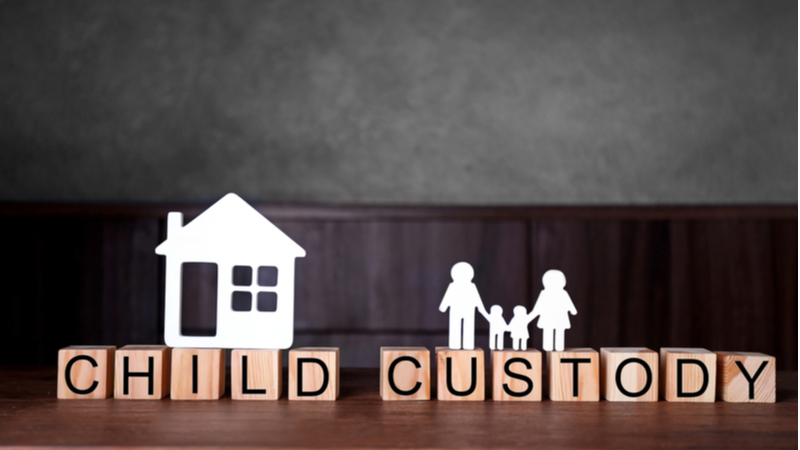Navigating child custody and support in divorce is a challenging experience for all involved. It is essential to know the rights of your children and the guidelines of the law to ensure a fair outcome. In this article, we will look at some of the issues that you should be aware of.
Visitation Guidelines
If you are a parent with custody of your child, you may have questions about visitation guidelines in divorce law. You should be aware of several approaches, which vary by state.
The main goal of courts is to establish a schedule that is in the child’s best interest. This means the program must meet the needs of both parents. Typically, a weekly visitation schedule will involve one to two non-overnight visits. However, courts can change this schedule if it is in the child’s best interests.
Courts also have the option of ordering supervised visitation. Supervised visits ensure the safety of the child during these visits. This can be done through a third party or a court-sanctioned agency.
Parents can develop a schedule that meets the needs of their family. A typical visitation schedule might include alternating weekend overnight visits or summer vacation visits. These arrangements can be challenging so a divorce lawyer can help.
Sole Custody
Sole custody and child support are not the same things. If you are involved in a divorce, you must understand the difference between these two terms. Having a good understanding of the differences can help you make a better decision.
One of the main things you need to know is that the court decides on custody and visitation. These decisions are based on the best interests of the children. The judge will look at factors such as the child’s age, the fitness of the parents, and any abuse allegations.
Generally, the court will award sole legal custody. This type of custody gives one parent the right to make significant decisions for the child. This includes education, religion, extracurricular activities, and healthcare.
Another type of custody is joint legal custody. Joint legal custody requires the parents to consult with the court about significant decisions. It also encourages both parents to participate in their child’s life.
Modification of Parenting Plan
When a parent requests a modification of the parenting plan, it is usually because of a change in circumstances. It is a good idea to consult with a qualified attorney about what changes are legal, what changes are not, and what evidence is acceptable.
There are two main types of modifications. The first is a major modification involving a significant plan change. This can include a modification of custody, visitation, or child support. During this process, the court will consider any factor relevant to the child’s best interests.
Another type of modification is a minor modification. These modifications may involve short-term changes in the schedule for visitation or overnight visits. However, they may only be enforceable if the parents agree on a change.
A parenting plan is a legal document that formalizes an agreement between the parents. If one of the parents wants to change the parenting plan, they must present evidence to prove the new program will benefit the child.
Guardian ad litem
If you have a dispute over the custody of your children, consider hiring a guardian ad litem. This person can help you get information and make recommendations to the court about the best interest of your children.
A guardian ad litem is an independent, neutral party appointed by the court. The guardian ad litem can investigate a child’s living situation, interview parents, and make recommendations to the court.
Depending on your state, there may be a specific process for appointing a guardian ad Litem. Some jurisdictions require that the guardian undergo training. Other jurisdictions do not. While the duties and qualifications for guardians vary by state, the quality of the work produced by a guardian ad liter is also affected by the funding available.
In addition to recommending a child’s time sharing with both parents, a guardian ad litem can also provide an opinion about the child’s well-being. For example, the guardian ad litem might decide whether the child is being abused.





